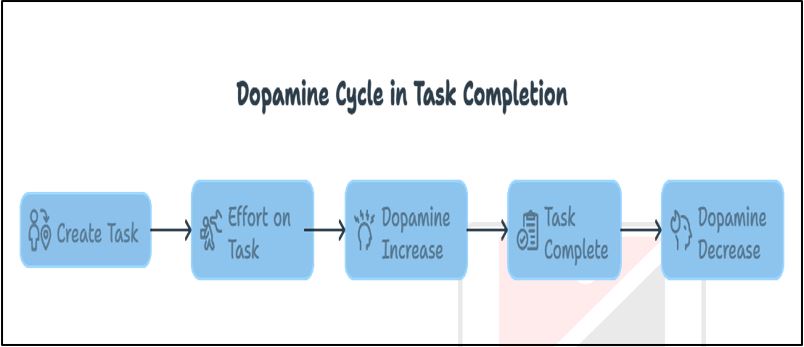Decoding Happiness: Happiness Hormones and Ayurvedic Perspectives on the Science of Well-Being
DOI:
https://doi.org/10.21760/jaims.10.6.20Keywords:
Happiness, Hormones, Happiness hormones, Doshas, GunasAbstract
Happiness, a deeply cherished human experience, emerges from a dynamic interplay of neurochemical, psychological, and spiritual factors. Modern neuroscience identifies key neurotransmitters - dopamine, serotonin, oxytocin, and endorphins - as central to emotional regulation and well-being. Ayurveda, the ancient Indian system of medicine, offers a parallel perspective through the balance of Doshas (Vata, Pitta, Kapha) and Gunas (Sattva, Rajas, Tamas), emphasizing harmony between mind, body, and spirit. The alignment of scientific and Ayurvedic paradigms reveals striking similarities, such as the association of serotonin with Sattva, dopamine with Rajas, and endorphins with Kapha. Practices like meditation, mindful living, and dietary balance are shown to support the natural production of happiness hormones while promoting emotional resilience. Integrating these insights fosters a comprehensive and sustainable approach to mental health, rooted in both ancient wisdom and modern science.
Downloads
References
Seligman ME. Authentic happiness: using the new positive psychology to realize your potential for lasting fulfillment. New York: Free Press; 2002.
Schultz W. Neuronal reward and decision signals: from theories to data. Physiol Rev. 2015;95(3):853–951.
Carter CS. Oxytocin pathways and the evolution of human behavior. Annu Rev Psychol. 2014;65:17–39.
Cowen PJ, Browning M. What has serotonin to do with depression? World Psychiatry. 2015;14(2):158–60.
Boecker H, Sprenger T, Spilker ME, Henriksen G, Koppenhoefer M, Wagner KJ, et al. The runner's high: opioidergic mechanisms in the human brain. Cereb Cortex. 2008;18(11):2523–31.
Patanjali. The yoga sutras of Patanjali: commentary by Swami Satchidananda. Buckingham, VA: Integral Yoga Publications; 2001.
Lad V. Textbook of Ayurveda. Volume 1: Fundamental principles. Albuquerque, NM: The Ayurvedic Press; 2002.
Sharma PV. Charaka Samhita. Vol. I–IV. Varanasi: Chaukhambha Orientalia; 1996.
Tiwari S. Concept of triguna and mental health: an Ayurvedic review. AYU. 2005;26(1):1–7.
Rotti H, Raval R, Anchan S, Kanchan K, Shukla V, Singh A, et al. Determination of prakriti in Indian population: classification and validation. J Ayurveda Integr Med. 2014;5(3):167–75.















